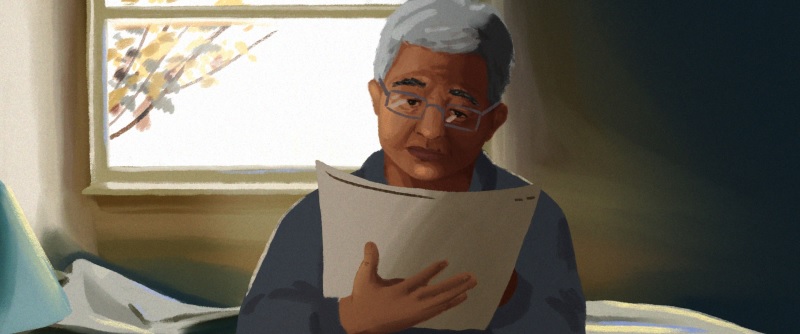The Mission (McBaine and Moss, 2023)
The Mission uses the story of John Chau, an American missionary killed trying to make contact with an isolated people group, to examine the broader cultural conflict between religious evangelism and secular anthropology. It is neutral on its face, supplying talking heads and historical context to present both sides of the issue, though its very anthropological structure suggests more affinity with those who would observe than those who would persuade.
Those who admire John see in his attempts to evangelize the North Sentinelse a courageous and selfless devotion to God. He commissions; Christians obey. Those critical of John might raise an eyebrow at his journal entries in which he calls the unevangelized island “Satan’s last stronghold” and, especially, when he tellingly claims that he knows god has “adventures” there for me. The word suggests to me an adolescent view of missions, one more informed by mythic narratives than a detailed understanding of what missionaries actually do.
There is another group, including John’s father, that blames “radical” evangelicalism. They tend to see John as a symbol of all that is wrong with missionizing to begin with rather than only as a symbol of a potentially noble impulse gone wrong. Given that the enmeshment of missionaries with cultural imperialists and colonialism is as common a metanarrative in some circles as the glorification of missionaries is in others,
I did not grow up in an evangelical home, but a Venn diagram of my teen years would show some intersection at the edges. In particular, I remember attending Urbana ’88, a massive conference drawing from Inter-Varsity chapters and other religious groups across the nation. I recall a week of plenary speakers culminating in altar calls to dedicate one’s nascent life to missions. I recall, too, some pushback even then, as members both on stage and in the audience expressed concern about whether such revival-style endings were Biblically grounded, emotionally manipulative, or both.
Mostly, though, I remember my naive surprise as mission organization after mission organization in the great hall told those who had been cajoled to commit all or part of their lives to the Great Commission that their next step was to raise $25,000-$30,000 in “support” from their family, friends, and churches. I’ve known missionaries since then, and most have gone about their business in a theologically, culturally, politically, and economically responsible manner. Knowing them made me see The Mission more as a false dichotomy rather than a fair and balanced portrayal of conflicting values.
One needn’t be anti-mission or anti-Christian to see John as misguided or misled, but I suspect that being so makes it easier to see his fate as deliciously ironic rather than tragically sad. Even Werner Herzog, at the end of Grizzly Man, strives to understand Timothy Treadwell rather than smirking and suggesting that he had it coming. If The Mission had more sadness and less condemnation, it might have been on par with Moss’s documentary masterpiece, The Overnighters. The cynic in me is tempted to ask why the flawed Christian at the heart of one of these documentaries is worthy of sympathy but the other is not.

